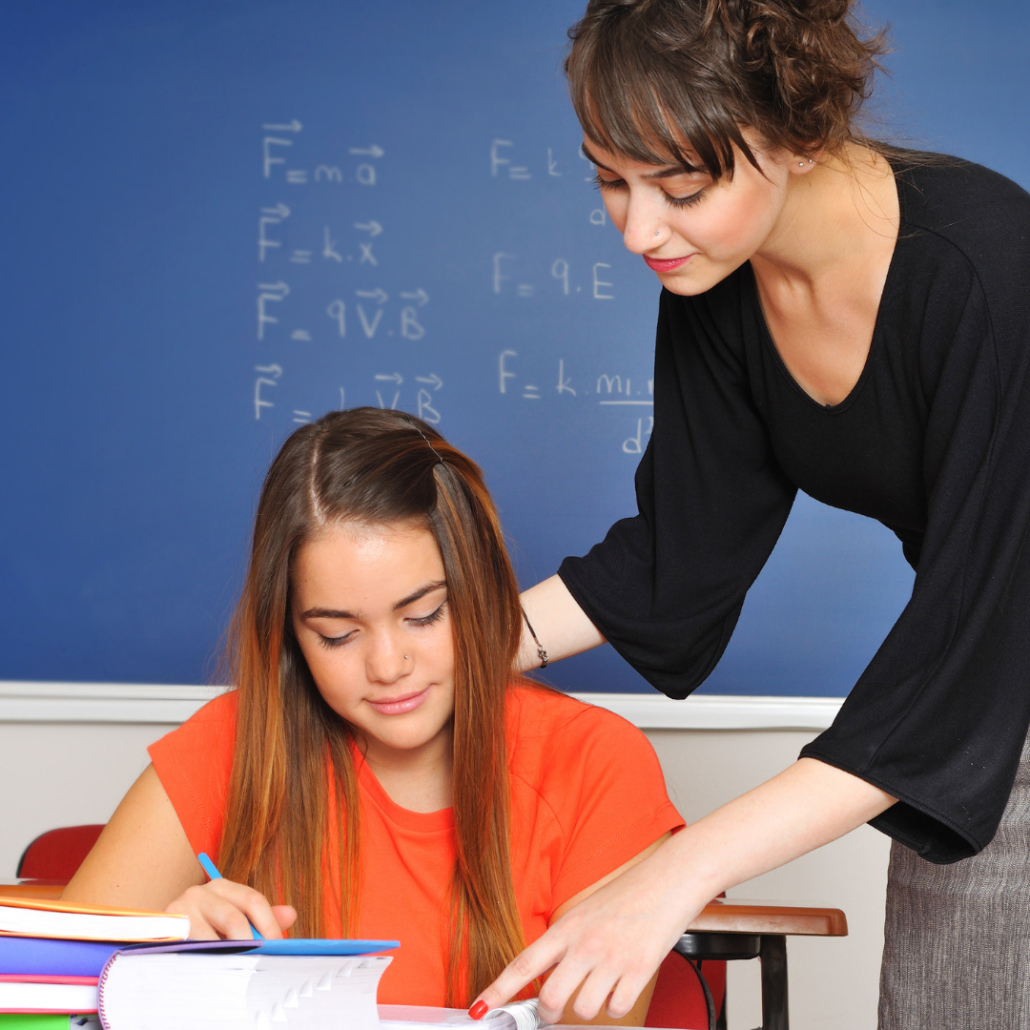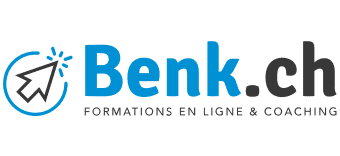Children HP
School-parent collaboration to support a high-potential child

Supporting a high-potential child (HP) requires close collaboration between school and parents. Understanding the child’s specific needs and adapting learning methods are essential to help him or her flourish! Find out how regular communication, individualized teaching and the right emotional support can create the right environment for these exceptional children to succeed. Find out how Benk.ch can support your child’s unique educational journey.
Understanding the specific needs of HP children
High-potential (HP) children share many common traits. They often display insatiable curiosity, remarkable learning speed and heightened sensitivity. Their constant need for intellectual stimulation and their ability to understand complex concepts at an early age are also notable. However, this intellectual advance can sometimes be accompanied by emotional and social difficulties, such as isolation or anxiety.
Needs assessment
To identify and meet the needs of HP children, psycho-pedagogical assessments are important. They help to understand each child’s strengths and difficulties, facilitating the implementation of personalized educational strategies. Signs to look out for include problem-solving ability, great memory and boundless creativity.
To diagnose high potential in a child,aa standardized tests and in-depth interviews with qualified professionals are used. These assessments are essential for developing an appropriate learning plan that stimulates and engages the child, while supporting his or her emotional and social development.
Regular communication between parents and teachers
Establish effective communication channels
Open and regular communication between parents and teachers is essential to support a high-potential child. Regular parent-teacher meetings provide an opportunity to discuss the child’s progress, any challenges encountered, and strategies for overcoming them. These meetings should be scheduled frequently to ensure that the child receives the necessary support.
The use of technology can greatly facilitate these exchanges. Email and educational platforms offer quick and efficient ways of sharing information and staying in touch. For example, classroom management applications or online communication tools can be used to send updates, progress reports and educational resources.
Sharing observations and strategies
Parents play a big role in sharing their observations from home with teachers. They can provide insights into their child’s behavior, interests and difficulties, which can help teachers adapt their pedagogical approach. For example, if a parent notices that their child is particularly interested in a specific subject, or has difficulties with another, this information can be used to personalize classroom lessons.
Effective communication requires clear strategies. Parents can keep a diary of observations at home and share it regularly with the teacher. Follow-up meetings can be scheduled to discuss progress and adjust strategies as needed. In addition, online communication tools, such as forums or newsgroups, can be used to facilitate ongoing, collaborative dialogue between parents and teachers.
By integrating these practices, it is possible to create a supportive environment where the high-potential child can truly flourish.
Individualized learning
Adapting the curriculum
To meet the specific needs of children with high potential (HP), it is crucial to adapt the curriculum on an individual basis. This can include using a variety of techniques to personalize lessons. For example:
EncourageHP children to engage in in-depth research projects on subjects they are passionate about.
- Offer courses that go beyond the standard curriculum, covering more complex subjects or introducing new disciplines.
- Integrate stimulating activities such as science workshops, programming or debate clubs, to nurture their intellectual curiosity.
These approaches keep children interested and encourage them to explore their abilities to the full.
Available resources
Benk.ch offers a variety of personalized programs specially designed for high-potential children. These programs offer individualized follow-up with one-to-one lessons tailored to each child’s pace and interests, setting personalized objectives and ensuring regular progress monitoring. The interactive tools used include online educational platforms offering interactive exercises, educational games, and multimedia lessons to make learning more engaging.
In addition to internal resources, it’s beneficial to use external resources to enrich learning. Educational platforms, such as websites and apps, offer online courses, video tutorials, and interactive exercises in various subject areas. In addition, a selection of books adapted to the child’s interests and level, as well as educational materials for practical activities, can be used to complement learning.
These combined resources create a diverse and stimulating learning environment, essential for high-potential children. For more details on our personalized programs, please visit Benk.ch and discover the offers adapted to HP children.
Emotional and social support
The importance of emotional support
High-potential children can face emotional difficulties such as isolation and anxiety. Their sensitivity and need for perfection can often make them vulnerable to feelings of loneliness and stress.
Adequate emotional support is essential to help them navigate these challenges, such as taking the time to listen to the child and validate his or her feelings. Recognizing and celebrating the child’s efforts and successes, even the smallest ones, is important for building self-esteem. Teaching relaxation and stress management techniques, such as deep breathing, meditation, or creative activities like drawing or music, is very beneficial.
Social skills development
Social skills are essential for the overall development of HP children. Participating in extracurricular activities and support groups can greatly help strengthen these skills. Here are a few examples of activities and programs:
- Team sportscan help HP children develop collaborative skills and make friends.
- Taking partin debating clubs, drama groups or art workshops enables children to meet other young people with similar interests and build their self-esteem.
- Joining groups specially designed for high-potential children can provide a safe space to share experiences and learn new strategies for managing emotional and social challenges.
These activities and programs not only help HP children to develop their social skills, but also to find a sense of belonging. To further promote the emotional and social development of these high-potential children, Benk offers programs tailored to their needs.
